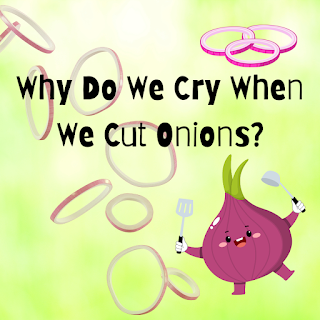The Evolution of Eyewear: A History of Spectacles

Introduction From the earliest attempts at magnifying objects to the latest smart glasses, eyewear has played a crucial role in enhancing human vision and style. These indispensable accessories have evolved significantly over the centuries, not just in function but also in fashion. Today, eyewear is more than just a tool for vision correction; it's a personal statement and a fusion of technology and design. Let’s journey through the fascinating history of spectacles and discover how they have transformed over time. The Beginnings of Vision Correction Long before the invention of spectacles, humans sought ways to improve their vision. The ancient Egyptians and Romans used magnifying glasses, primarily for reading. These early vision aids were simple convex lenses made from polished crystal or glass. Although rudimentary, they marked the beginning of humanity's quest to enhance sight. The Invention of Spectacles The true advent of spectacles occurred in the late 13th century. H...

